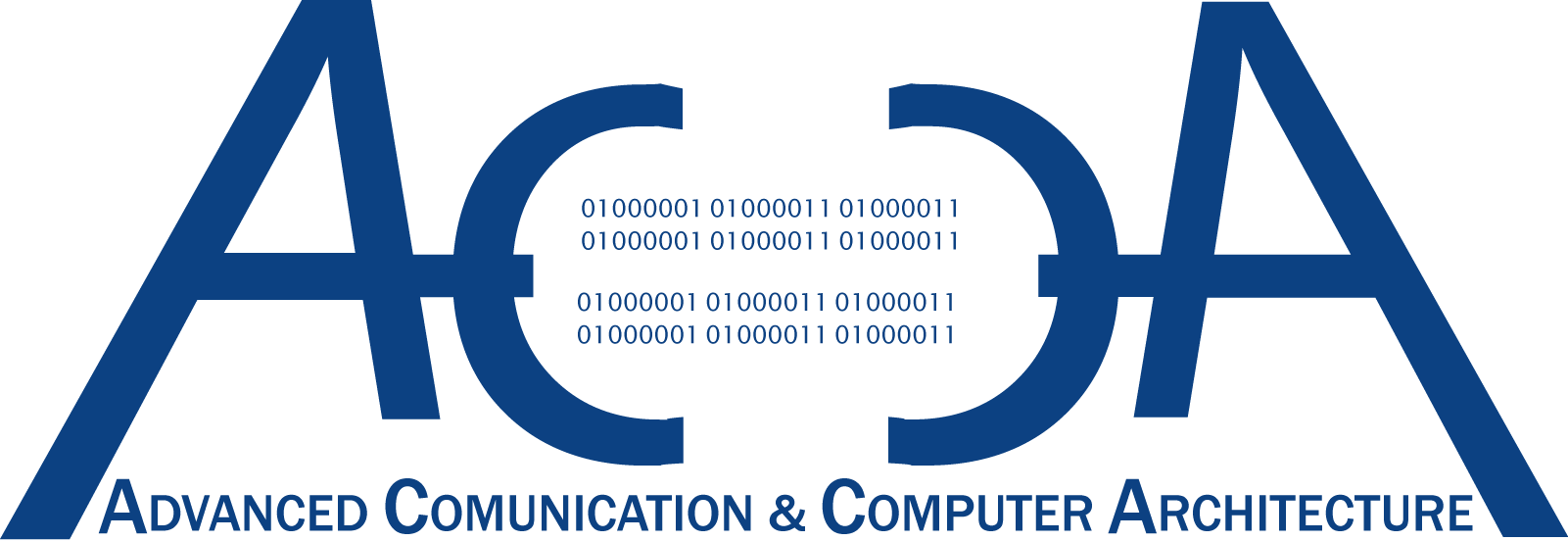ACCA group is formed by 4 research groups from 4 different universities. The original group was the Parallel Architectures Group (GAP) from Universidad Politécnica de Valencia, led by Prof. José Duato and constituted in 1987. From then, other three groups were incorporated: The High Performance Architectures and Networks Research Group (RAAP) from Universidad Castilla La-Mancha, led by Prof. Francisco Jose Quiles and Prof. Antonio Garrido, the Parallel Computer Architecture Group (GACOP) from Universidad de Murcia, led by Prof. Jose Manuel Garcia and finally, the Network and Virtual Environments Group (GREV) from Universidad de Valencia, led by Prof. Juan Manuel Orduña. These 4 research groups come working jointly from year 2001.
With more than two decades of experience in coordinated research projects and one decade of experience in collaborations with companies leaders in market, the ACCA group formalizes legally and receives their present denomination in 2006 (thanks to the CONSOLIDER Programme). ACCA group owns one expanded research experience, guaranteed by numerous publications (more than 500 obtained in the last five years), having successfully transferred technology to several of the companies leaders in field of the super-computing (among others, IBM, Cray, Sun Microsystems, Compaq), and having published diverse patents jointly with companies of international prestige like IBM or Xyratex.
The ACCA group also carries out collaborations with organizations, as much as academic as enterprise, being at present more than 30 active ones around the world. Between these collaborations, it is possible to emphasize his participation like member of the HyperTransport Consortium, constituted by companies with high international prestige such as AMD, Hewlett-Packard, Sun Microsystems, Dell, Cisco, Cray, Nvidia and IBM, in which Prof. José Duato leads the Advanced Technology Group (ATG). Also, the ACCA group is involved in more than thirty research projects at European, national like regional level.
